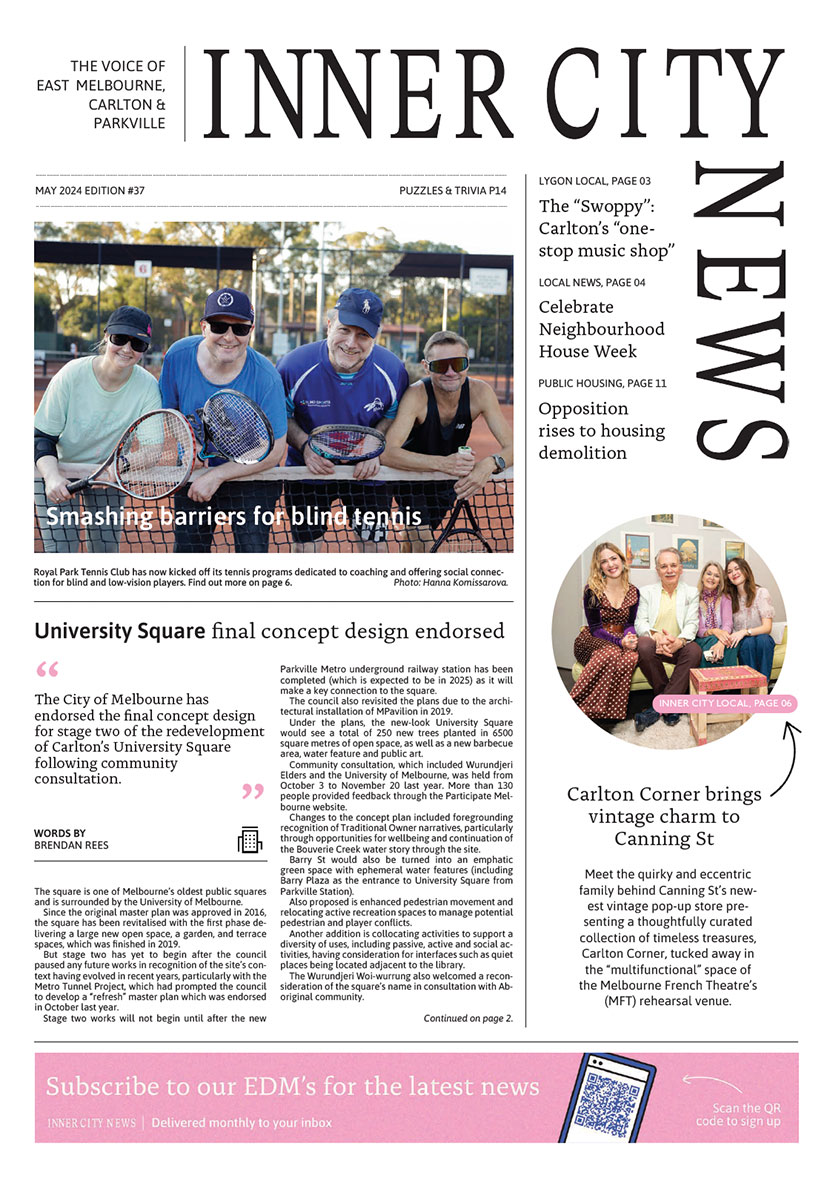Finding freedom: the theme of Refugee Week 2023
For Jebbeh Manubah, finding freedom – the theme of Refugee Week (Sunday, June 18 to Saturday, June 24) – means much more than just words. It is a poignant and powerful encapsulation of the refugee journey.
In the fabric of human society, there exists a deeply woven thread that binds us – our shared pursuit of freedom. For some, freedom is a given, a fact of life so inherently present that its significance is often overlooked. For others, it remains an elusive dream, guiding them through perilous journeys. The latter represents the plight of millions of refugees around the world, those who are forced to leave their homes in search of safety and a chance for a better life.
Jebbeh’s story
Jebbeh grew up in Monrovia, the capital of Liberia. But as the civil war escalated, girls raped, boys forced to fight in the war, 18-year-old Jebbeh had no choice but to flee to the Ivory Coast. Separated from her parents and family, Jebbeh became stuck when rebels captured where she had come from, and she couldn’t go back. Unable to speak French or get food, she and her cousin followed a group of people to the Buduburam Refugee camp in Ghana. While she was happy to be in a place where there were no guns, she had no family, and no hope.
Jebbeh lived in the refugee camp from 2002 to 2005. There were no toilets. There was nowhere to shower. It was a daily struggle to get food. “There was no hope. There was nothing. You just lived. It was just surviving. Your mind doesn’t let you have hope,” she said.
One small blessing was reuniting with one of her brothers, by luck, after a year in the camp.
As part of a UN asylum-seeking scheme refugees were encouraged to create a photo ID. Jebbeh met and married her then husband and was put on a list of families who could go to Australia, a country Jebbeh had never heard of. Some said Australia was at “the end of the world” and too far away.
After several months, Jebbeh was on a bus with 10 other families and on her very first plane flight (a scary experience) to South Africa, then Sydney, and finally Brisbane. The flight was also her first experience with Australian food. “This is a tree. Why are they making me eat a tree?” she exclaimed when they served her broccoli!
Jebbeh was happy to be leaving life in a refugee camp where there was “no future, no hope, nothing for me” and to be going somewhere where she could make a future.
But Jebbeh had also never experienced racism before coming to Australia and it was mentally draining for her.
“I didn’t know I was different until I came here,” she said.
“I had to fight to be accepted. But physically it was good because I had access to water. I had access to food. I had access to shelter. I never had that in the refugee camp and the war was very bad. So, yeah, I could fight it and push myself to make my second home, my home.”
Jebbeh is now on student placement at the Carlton Neighbourhood Learning Centre (CNLC) as part of her Master of Public Health and Global Nutrition at Victoria University. She is offering valuable insight into the work we do with people from migrant and refugee backgrounds and how CNLC can incorporated lived experience into our policies and work.
Understanding freedom
For refugees, freedom means living without fear of war, with basic human rights, equality, and without persecution. These are the fundamental freedoms that many of us take for granted, yet they are the very reasons why millions embark on dangerous journeys, seeking asylum.
Finding freedom is not just about escaping harm or political turmoil. It’s about rebuilding lives, forming new relationships, and embracing new careers in a safe and welcoming environment. •

University Square final concept design endorsed




 Download the Latest Edition
Download the Latest Edition